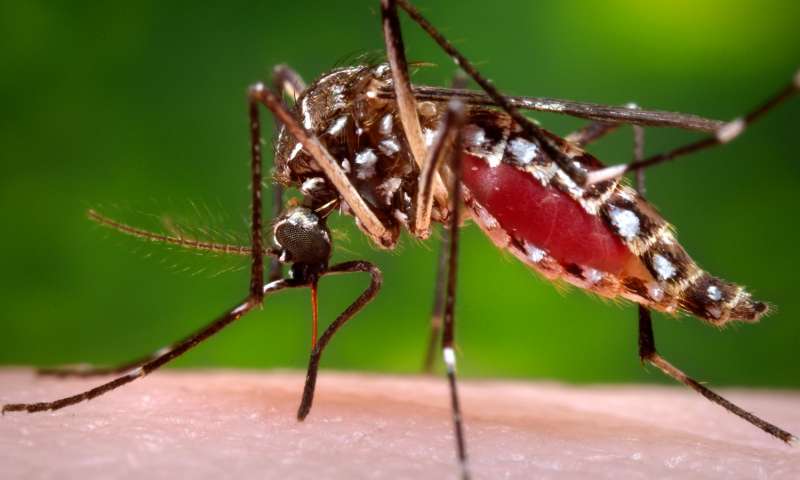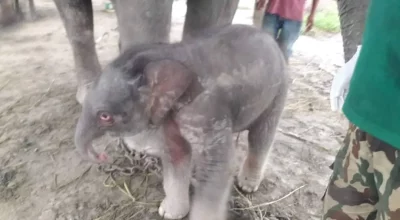
Kathmandu, Sept 12: The government has claimed that dengue was not out of control in the country.
Minister for Communications and Information Technology Gokul Prasad Banskota clarified the above-mentioned situation while criticism were doing rounds in social networking sites that dengue was out of control in Nepal.
At a regular press meet held at Singha Durbar on Thursday, Minister Banskota said, “Efforts are underway from Ministry, private sector and community level to control dengue. The dengue infection is spreading in a large scale and the infection too has taken a toll on many people but we all should address this issue in unison.”
Minister Banskota shared that more than 400 million people were infected with dengue worldwide as per the statistic of the World Health Organization (WHO) while around 3 billion people were vulnerable to contracting this mosquito-borne disease.
Banskota assured that the government was putting every possible effort to ensure treatment to the dengue patients and spreading awareness about this infection. He further said government’s sole effort was not adequate to control the infection hence called for cooperation from all quarters to prevent it.
Among the 70,000 tested for dengue last April, around 6,000 were tested positive, the Minister informed. According to the Ministry of Health and Population, dengue outbreak occurred in April and it was detected in 48 districts of the country.
According to the Epidemiology and Disease Control Division, one dengue patient died in each districts as Sindupalchowk, Sunsari, Chitwan, Kathmandu while two died of dengue in Doti as of Wednesday.
Every year, hundreds of thousands of severe cases arise resulting in 20,000 deaths worldwide, according to the WHO.
Dengue is transmitted by Aedes mosquitoes, mainly Aedes (Stegomyia) aegypti and Ae Alpopictus. The infection causes flu-like illness, and sometime develops into a potentially severe dengue like dengue haemorrhagic fever.












